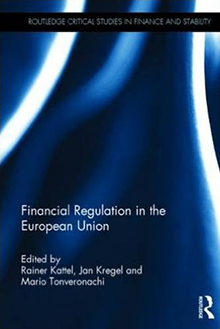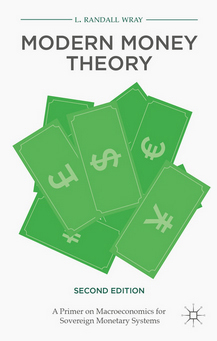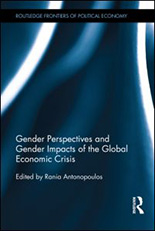
Research Topics
Publications on Political economy
-
Budget Credibility of Subnational Governments
Working Paper No. 964 | July 2020Analyzing the Fiscal Forecasting Errors of 28 States in India
Budget credibility, or the ability of governments to accurately forecast macro-fiscal variables, is crucial for effective public finance management. Fiscal marksmanship analysis captures the extent of errors in the budgetary forecasting. The fiscal rules can determine fiscal marksmanship, as effective fiscal consolidation procedures affect the fiscal behavior of the states in conducting the budgetary forecasts. Against this backdrop, applying Theil’s technique, we analyze the fiscal forecasting errors for 28 states (except Telangana) in India for the period 2011–16. There is a heterogeneity in the magnitude of errors across subnational governments in India. The forecast errors in revenue receipts have been greater than revenue expenditure. Within revenue receipts, the errors are more significantly pronounced in the grants component. Within expenditure budgets, the errors in capital spending are found to be greater than revenue spending in all the states. Partitioning the sources of errors, we identified that the errors were more broadly random than due to systematic bias, except for a few crucial macro-fiscal variables where improving the forecasting techniques can provide better estimates.Download:Associated Programs:Author(s): -
Notes on Intersectional Political Economy
Working Paper No. 957 | June 2020The Long Period Method, Technical Change, and Gender
This paper presents a critique of Karl Marx’s labor theory of value and his theory of falling profit rates from an intersectional political economy perspective. Specifically, I rely on social reproduction theory to propose that Marx-biased technical change disrupts the social order and leads to competition between workers. The bargaining power of workers cannot be dissociated from class struggle within the working class. I argue that technical change increases social conflict, which can counterbalance the long-run tendency of the profit rate to fall. The conclusion is that class struggle is multilayered and endogenous to the process of accumulation.Download:Associated Program:Author(s): -
Financial Regulation in the European Union
Book Series, November 2015 | November 2015Edited by Rainer Kattel, Jan Kregel, and Mario Tonveronachi

Have past and more recent regulatory changes contributed to increased financial stability in the European Union (EU), or have they improved the efficiency of individual banks and national financial systems within the EU? Edited by Rainer Kattel, Tallinn University of Technology, Director of Research Jan Kregel, and Mario Tonveronachi, University of Siena, this volume offers a comparative overview of how financial regulations have evolved in various European countries since the introduction of the single European market in 1986. The collection includes a number of country studies (France, Germany, Italy, Spain, Estonia, Hungary, Slovenia) that analyze the domestic financial regulatory structure at the beginning of the period, how the EU directives have been introduced into domestic legislation, and their impact on the financial structure of the economy. Other contributions examine regulatory changes in the UK and Nordic countries, and in postcrisis America.
Published by: Routledge
Associated Program: -
Modern Money Theory: A Primer on Macroeconomics for Sovereign Monetary Systems, Second Edition
Book Series, September 2015 | September 2015By L. Randall Wray

In a completely revised second edition, Senior Scholar L. Randall Wray presents the key principles of Modern Money Theory, exploring macro accounting, monetary and fiscal policy, currency regimes, and exchange rates in developed and developing nations. Wray examines how misunderstandings about the nature of money caused the recent global financial meltdown, and provides fresh ideas about how leaders should approach economic policy. This updated edition also includes new chapters on tax policies and inflation.
Published by: Palgrave Macmillan
-
Gender Perspectives and Gender Impacts of the Global Economic Crisis
Book Series, December 2013 | December 2013Edited by Rania Antonopoulos

With the full effects of the Great Recession still unfolding, this collection of essays analyzes the gendered economic impacts of the crisis. The volume, from an international set of contributors, argues that gender-differentiated economic roles and responsibilities within households and markets can potentially influence the ways in which men and women are affected in times of economic crisis.
Looking at the economy through a gender lens, the contributors investigate the antecedents and consequences of the ongoing crisis as well as the recovery policies adopted in selected countries. There are case studies devoted to Latin America, transition economies, China, India, South Africa, Turkey, and the United States. Topics examined include unemployment, the job-creation potential of fiscal expansion, the behavioral response of individuals whose households have experienced loss of income, social protection initiatives, food security and the environment, shedding of jobs in export-led sectors, and lessons learned thus far. From these timely contributions, students, scholars, and policymakers are certain to better understand the theoretical and empirical linkages between gender equality and macroeconomic policy in times of crisis.
Published by: Routledge
